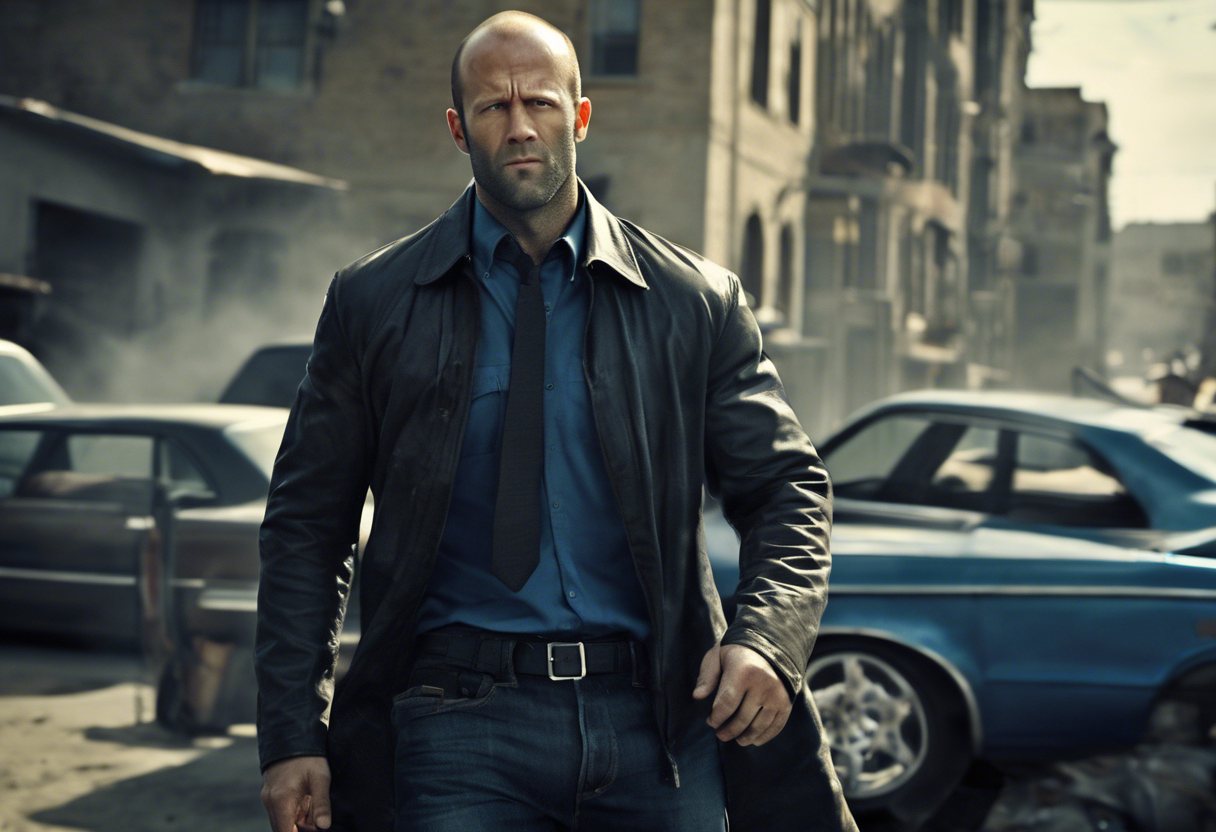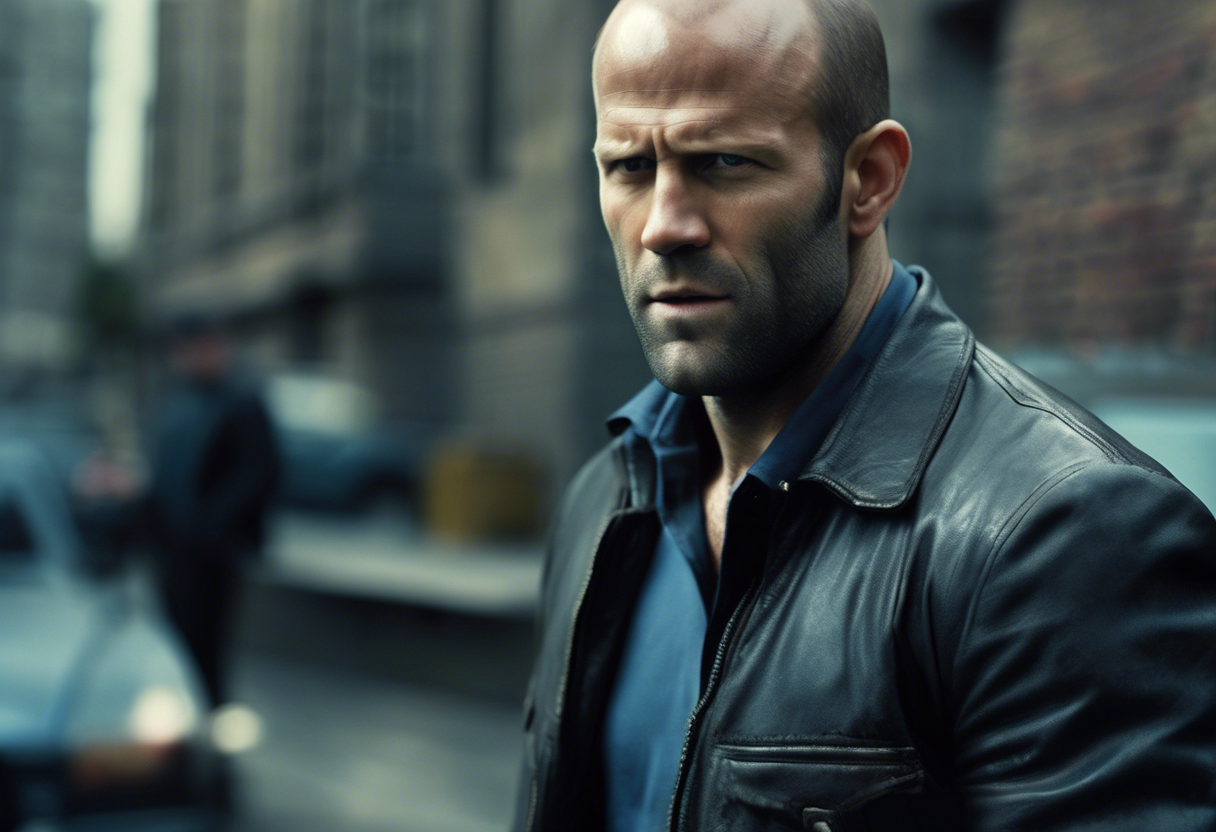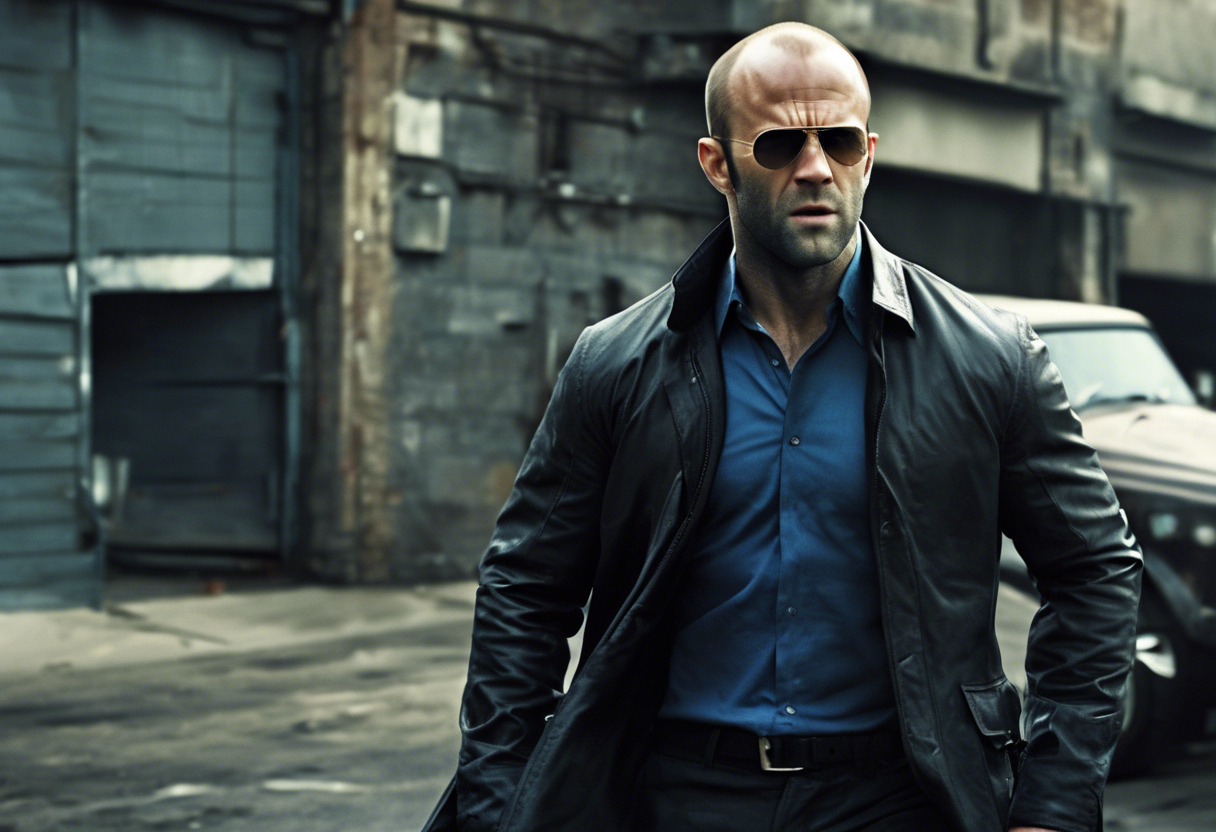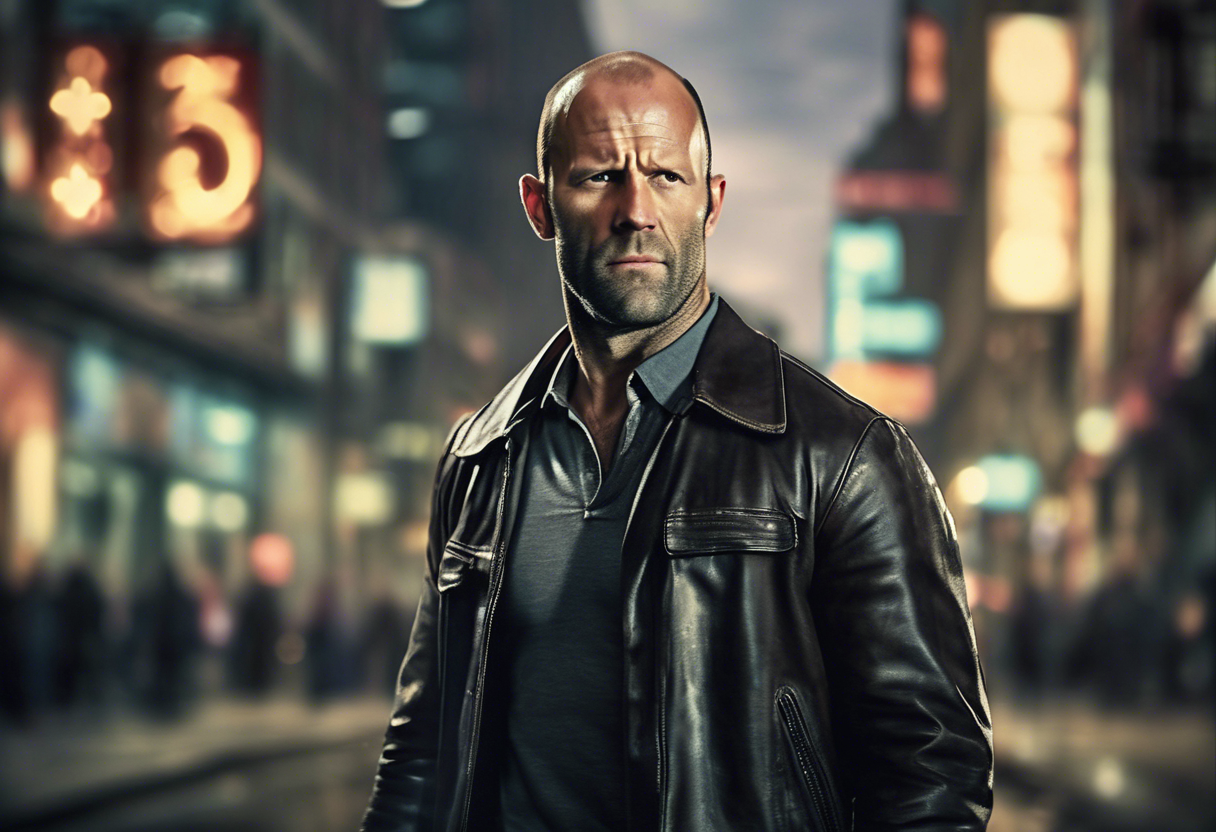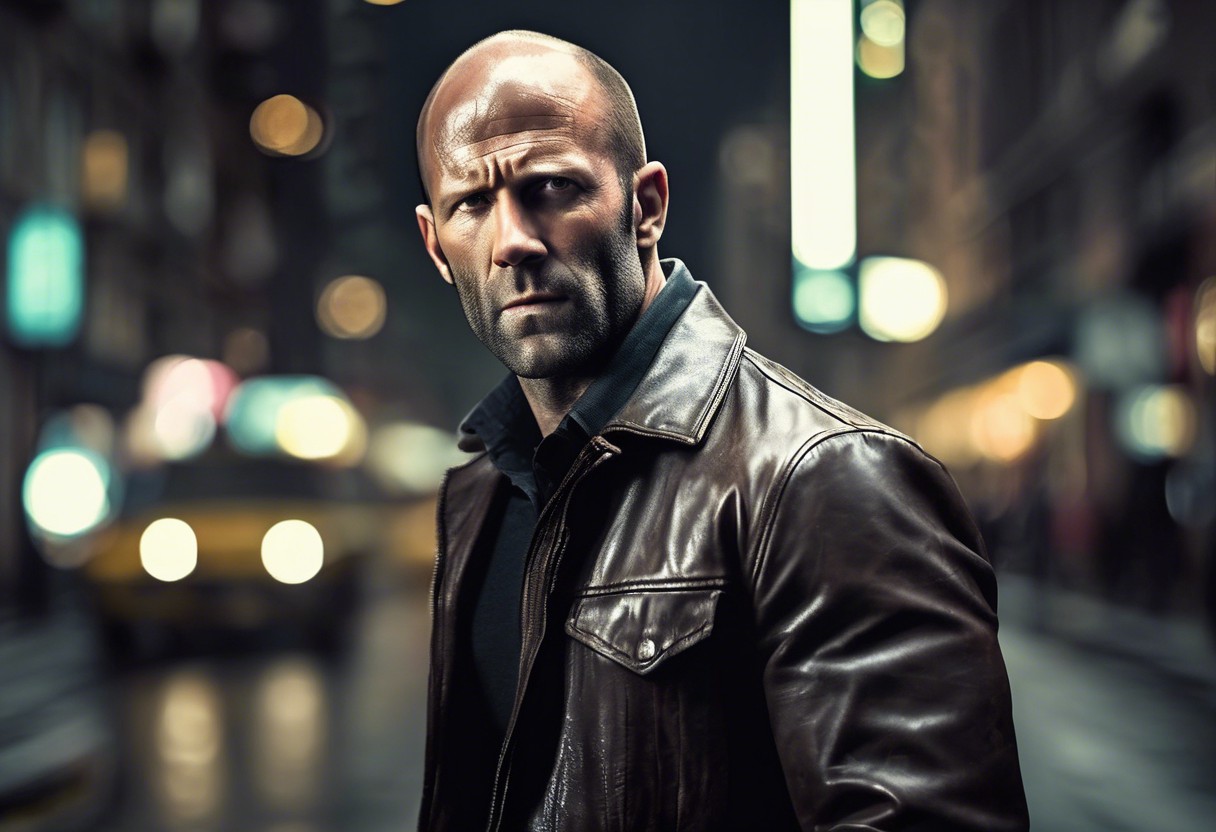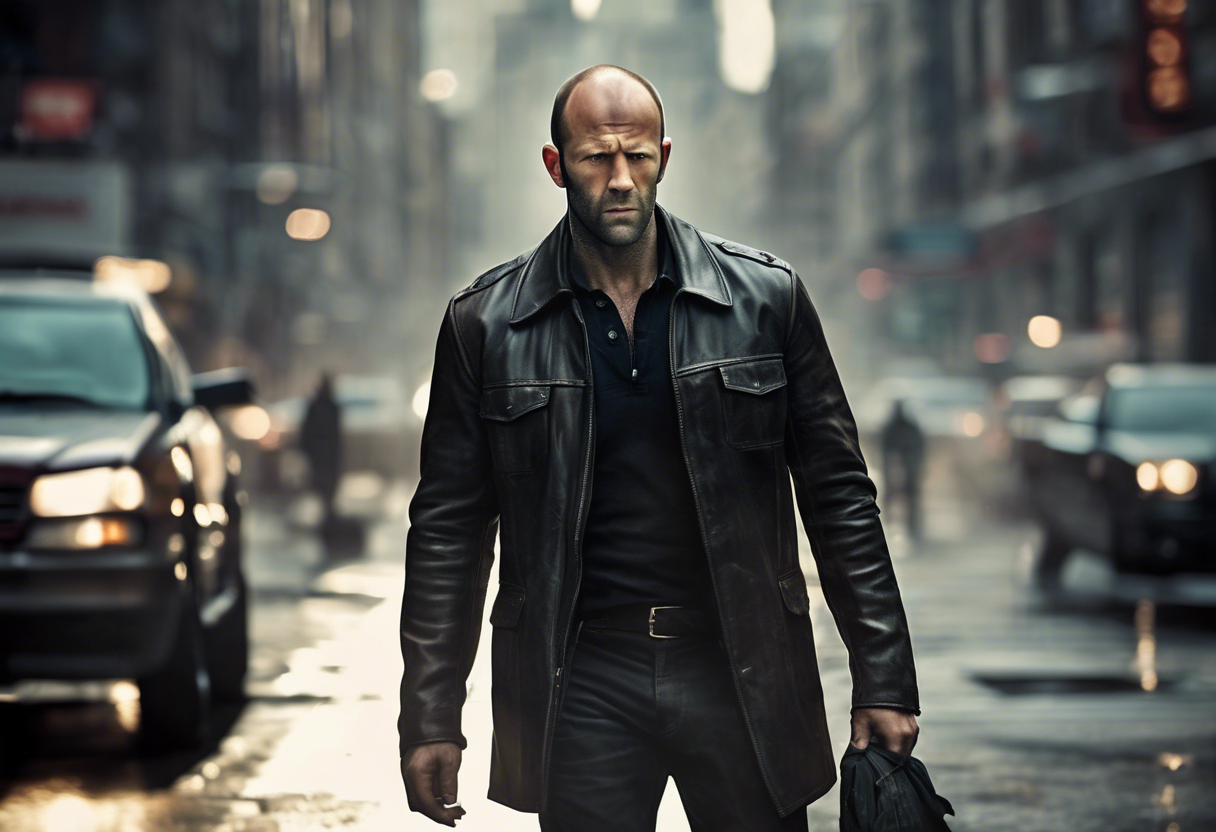Contents
Introduction
Arthur Bishop is the central character in the 2011 film "The Mechanic," a remake of the 1972 film of the same name. Played by Jason Statham, Bishop is a highly skilled and elite assassin, known as a ‘mechanic’ for his precision and ability to eliminate targets cleanly and efficiently. Created by writer Lewis John Carlino for the original 1972 film, Bishop’s character has been reimagined in the 2011 version to fit the modern action-thriller genre.
Bishop’s backstory is one of solitude and strict adherence to a professional code. He operates under the employ of a secretive organization, taking on assignments that require a high level of skill and detachment. His lifestyle is marked by luxury, with a penchant for classical music, fine art, and exquisite wines, yet he is emotionally isolated, unable to form genuine connections or express emotions freely [4][5].
Role in the Story
In the 2011 film, Arthur Bishop’s storyline begins with his execution of a Colombian cartel boss, showcasing his expertise and precision. Upon his return to Louisiana, he is assigned by his employer, Dean, to kill his friend and mentor, Harry McKenna (Donald Sutherland). This assignment sets off a chain of events that challenges Bishop’s professional and personal boundaries. Despite his reluctance, Bishop carries out the task, making it appear as a carjacking to avoid suspicion [2][5].
At Harry’s funeral, Bishop meets Steve McKenna (Ben Foster), Harry’s son, who is driven by a desire for revenge and a curiosity about his father’s life. Steve’s persistence leads Bishop to train him in the art of being a hitman, despite the risks and the disapproval from his employer. This mentorship introduces a new dynamic to Bishop’s life, as he navigates the complexities of teaching someone the skills he has honed over years, while also dealing with the emotional baggage of his relationship with Harry and the emerging bond with Steve [2][5].
The plot thickens as Bishop and Steve embark on a series of missions, including the elimination of an assassin named Burke. This mission highlights the differences between Bishop’s methodical approach and Steve’s impulsive nature, leading to complications and conflicts that test their partnership. Throughout the narrative, Bishop’s character evolves as he confronts his own emotions and the moral implications of his profession, particularly in the context of his relationship with Steve [2][5].
Character Analysis
Arthur Bishop is a complex character defined by his strict professional code and emotional detachment. His personality is marked by precision, discipline, and a lack of emotional expression, which are essential for his line of work. However, as the story progresses, his interactions with Steve reveal underlying vulnerabilities and a deep sense of loyalty and responsibility.
Bishop’s motivations are multifaceted; he is driven by a sense of duty to his profession and a need to honor his mentor, Harry. His decision to train Steve is both a tribute to Harry and a way to connect with someone on a personal level, despite the risks involved. This duality makes Bishop a compelling character, as he navigates the tension between his professional obligations and his emerging emotional connections [2][5].
One of Bishop’s significant strengths is his ability to remain calm and focused under pressure, a trait that is crucial for his survival in the dangerous world of contract killing. However, this strength also masks his flaws, such as his inability to form genuine relationships and his struggle with emotional expression. These flaws make him relatable, as audiences can see the human side beneath his tough exterior [3][5].
Themes and Symbolism
Arthur Bishop embodies several key themes in "The Mechanic." One of the primary themes is the isolation and loneliness that come with a life of violence and secrecy. Bishop’s luxurious lifestyle contrasts sharply with his emotional emptiness, symbolizing the cost of his profession. His character also explores the theme of mentorship and the transfer of knowledge from one generation to the next, as seen in his relationship with Steve [2][4].
The character of Bishop also symbolizes the tension between professionalism and personal connection. His strict adherence to his code is constantly challenged by his growing bond with Steve, highlighting the human need for connection even in the most inhospitable of professions. This theme is central to the film’s narrative, as it questions the morality and sustainability of a life dedicated to killing [2][5].
Cultural Impact
Arthur Bishop, as portrayed by Jason Statham, has had a significant cultural impact. The character’s blend of sophistication and brutality resonates with audiences who are drawn to the action-thriller genre. The film’s success can be attributed in part to Statham’s performance, which brought a new level of depth to the character originally created by Lewis John Carlino.
The character has also influenced popular culture, particularly in the realm of action films. Bishop’s persona as a highly skilled, emotionally detached assassin has become a archetype in modern action movies, inspiring similar characters in other films and media. The film itself has been well-received by fans of the genre, who appreciate the intricate plot and the nuanced portrayal of its characters [1][5].
Critical Reception
Critics and audiences have generally praised Jason Statham’s portrayal of Arthur Bishop. The film received positive reviews for its action sequences, plot twists, and the chemistry between Statham and Ben Foster. Critics noted that Statham brought a level of sophistication and depth to the character, making him more than just a typical action hero [1][2].
However, some critics argued that the film did not fully explore the emotional depths of Bishop’s character, particularly in comparison to the 1972 original. Despite this, the film was commercially successful and helped solidify Statham’s status as a leading action star [1][2].
Legacy
Arthur Bishop’s enduring appeal lies in his complexity and the moral ambiguities he represents. As a character, he embodies the contradictions of a life dedicated to violence yet yearning for human connection. This duality makes him a fascinating study in the psychological effects of such a profession.
The character’s relevance in contemporary discussions about morality, isolation, and the human condition continues to resonate. Bishop’s story serves as a cautionary tale about the costs of a life lived in secrecy and violence, while also highlighting the universal human need for connection and meaning.
In conclusion, Arthur Bishop remains an iconic figure in the action-thriller genre, inspiring new interpretations and adaptations. His legacy is a testament to the enduring power of complex characters in storytelling.

